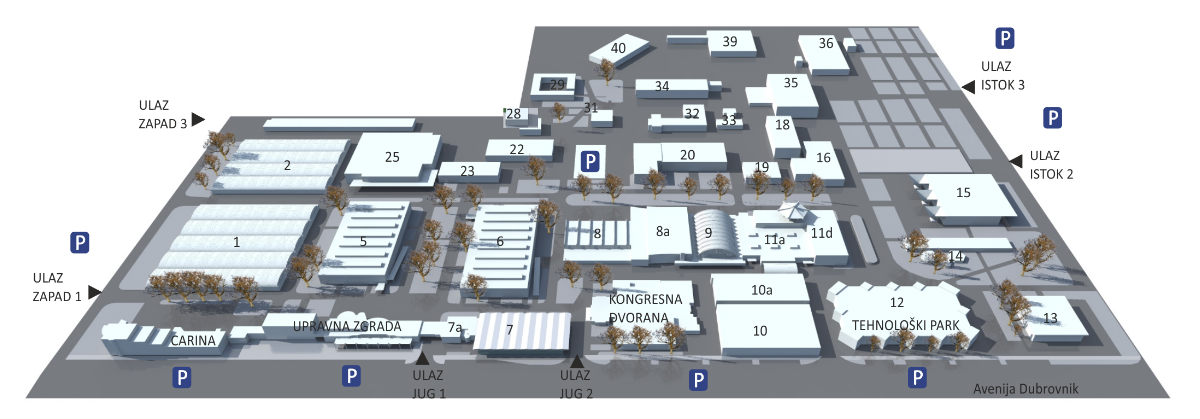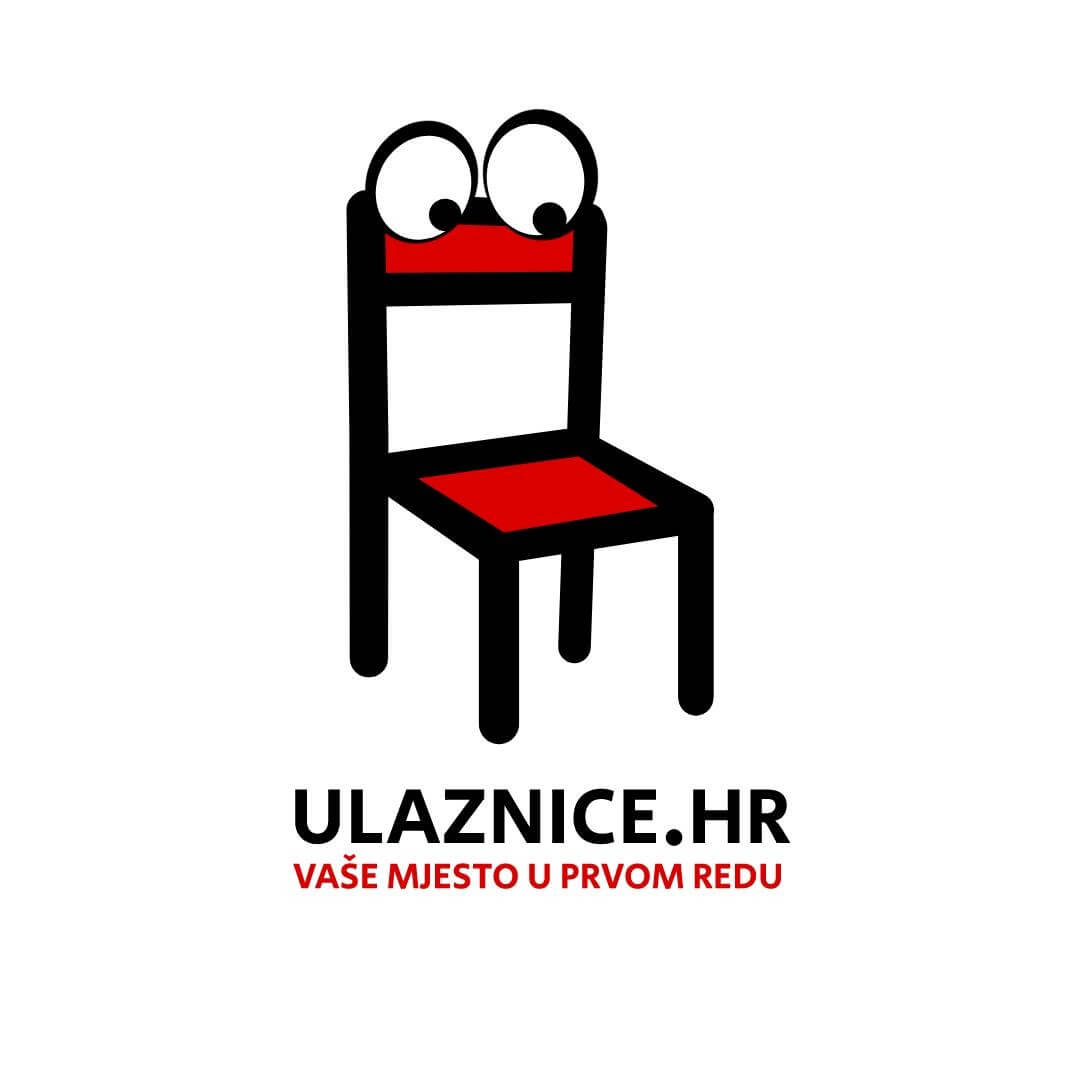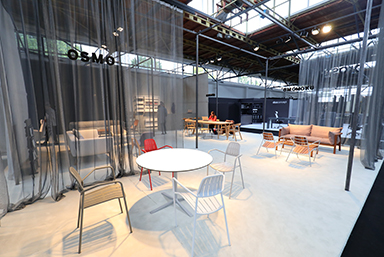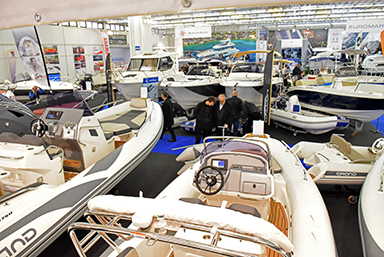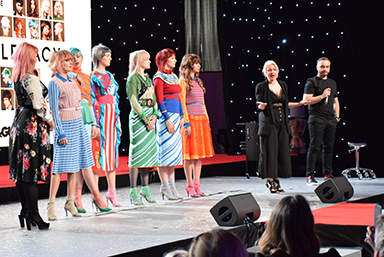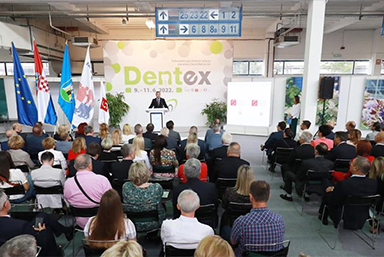Uskoro
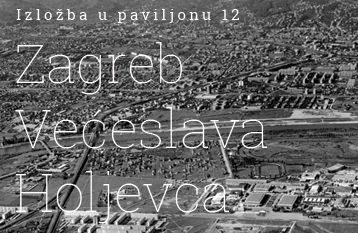
03. 07. 2023. -
ZAGREB VEĆESLAVA HOLJEVCA

17. 10. 2024. - 20. 10. 2024.
AMBIENTA
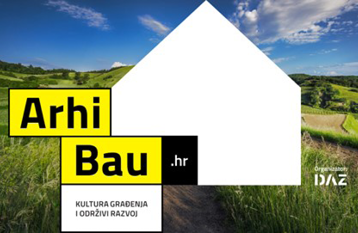
17. 10. 2024. - 20. 10. 2024.
ARHIBAU

12. 11. 2024. - 17. 11. 2024.
INTERLIBER
Novosti
12. 04. 2024.
USPJEŠNO ZAVRŠENI BIAM&ZAVARIVANJE
Nakon četiri dana uspješno su završeni bienalni poslovni sajmovi BIAM - 27. međunarodni sajam alatnih strojeva i alata i ZAVARIVANJE - 30. međunarodni sajam zavarivanja i antikorozivne zaštite, jedini industrijski sajmovi u zemlji.
12. 04. 2024.
PREZENTACIJA „BRZI RAZVOJ PROTOTIPA UZ KORIŠTENJE 3D TEHNOLOGIJE - PRIMJERI DOBRE PRAKSE
Mario Čačić, voditelj hardverskog laboratorija BIOS održao je danas prezentaciju u sklopu Industrijskog inkubatora.
10. 04. 2024.
3D SKENIRANJE I 3D ISPIS
U sklopu Industrijskog inkubatora dr. sc. Mario Šercer, ravnatelj Razvojno edukacijskog centra za metalsku industriju Metalska jezgra Čakovec održao je danas dva predavanja:
Fotogalerija
